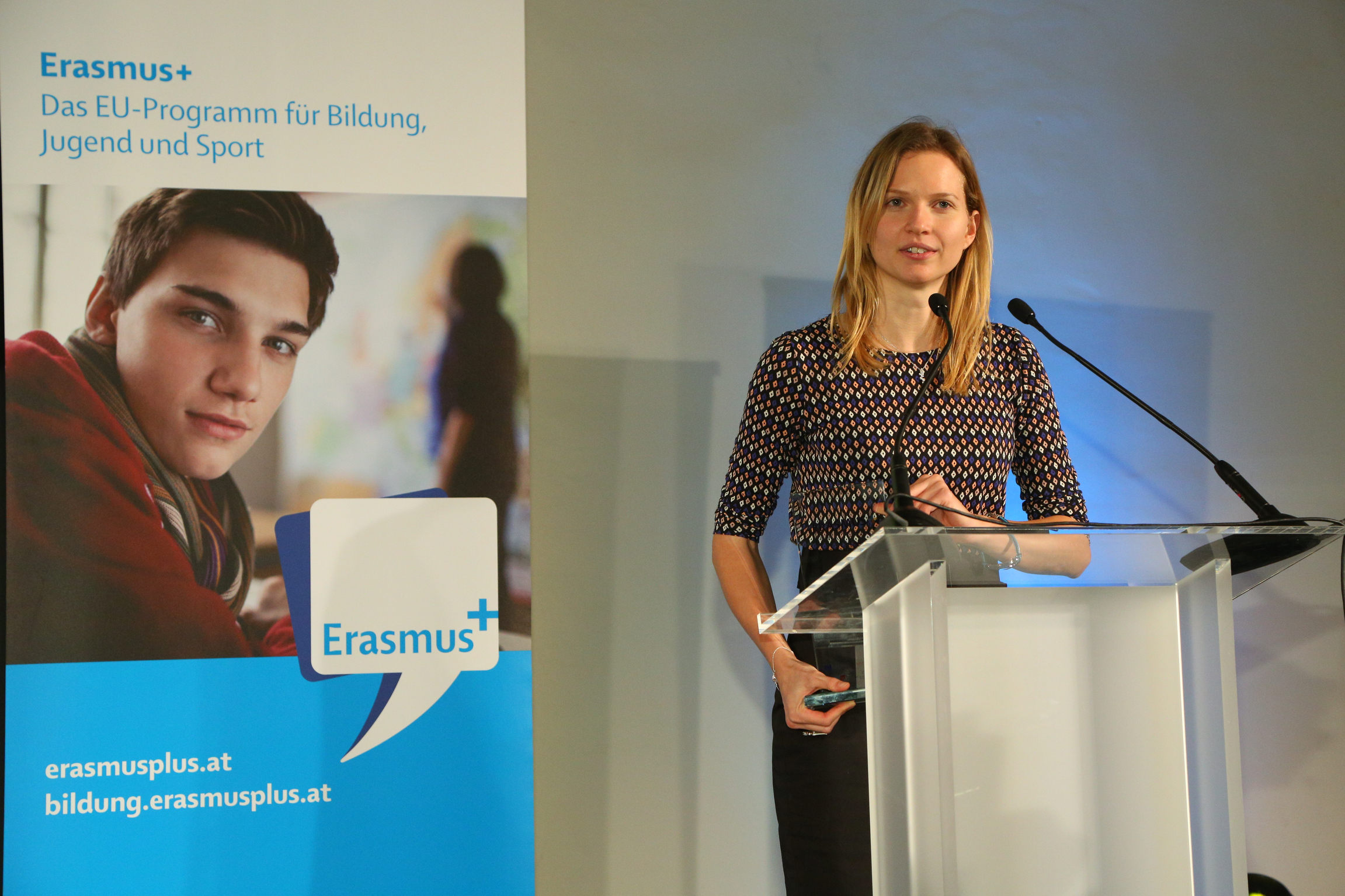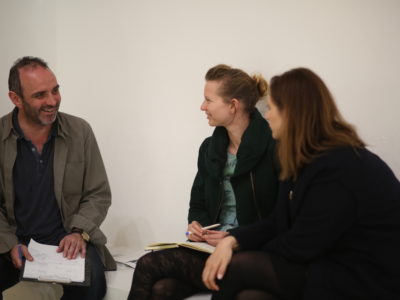
Ingrid’s (research) projects
The projects provide and overview about interdisciplinary experience and expertise in the field of reflective processes, organization of higher education and global challenges in chronological order.
Mentalizing in Psychotherapy Training: An Exploratory Study on Change in Mentalizing Skills as an Effect of Psychotherapy Training
Presented at the Cognitive Science Student Conference: June, 2016, University of Vienna.
Accepted for presentation as part of a panel at the joint UK & European Society for Psychotherapy Research Conference in Oxford, September 2017.
This study was conducted in collaboration with the psychotherapy training institution Integrative Gestalttherapie – IG Wien. It attempts to provide an interdisciplinary perspective and deeper understanding of how psychotherapy trainees develop during their training focusing on the concept of mentalizing. Mentalizing skills of five early stage psychotherapy trainees and five psychotherapists at the end of their training (training association: Gestalt Therapy) were assessed using the brief reflective functioning interview (BRFI). The interviews were rated and analysed using the reflective functioning scale (RFS) and compared with background data collected with an adapted version of aspecialized questionnaire designed by the international research network Society for Psychotherapy Research Interest Section on Therapist Training and Development (SPRISTAD).
Phenomenological Approaches to Depression: A Systematic Review
Conducted as research project during a funded study abroad programme (Erasmus+) at the University of Ljubljana
This project was conducted in collaboration with a co-researcher from the field of psychology, and the neurological clinic in Ljubljana consisting of practical work and treatment of depressive patients with transcranial magnetic stimulation (TMS). In the theoretical part we conducted a systematic literature research and focussed on (1) arguments for the inclusion of the experiential dimension in the study of the mind and depression or present criticism against this endeavour; (2) how first- and third-person accounts can be combined by presenting important aspects concerning the general study design, the choice of participants as well as the required skills and qualifications of the researchers; (3) methods that can be used to acquire and analyse experiential data.
Can Technology Aid Interpersonal Skills Training? A Comparison of Reflective Processes in Psychotherapy Education
Presented as poster at the Cognitive Science Student Conference: June, 2015 University of Ljubljana.
This project was conducted in collaboration with a co-research from the field of cognitive science/psychotherapy, the Technical University (TU) Vienna and the (Gesellschaft für Logotherapie und Existenzanalyse (GLE) to find out about differences in how psychotherapists could integrate technology (video analysis) into their training. We identified ways in which mPath (a video reflection software) scaffolds refection of psychotherapy students by gathering and analysing observations of refection, retrospective reports, and interviews.
European Forum Alpbach
During August 2015, I participated in the European Forum Alpbach including the Teach for Austria Changemaker Lab, which provided insights into the European Union’s approaches to education, leadership approaches and consisted of discussions, case studies and a final individual project idea; a seminar on the topic Digital Divide, dealing with the question of divides which are currently developing due to IT, and a Simulation Game about decision making in the European Union, raising and discussing the question who can have access to the European Union’s labour market. My role was to represent the government of Austria in the Council of the European Union.
Knowledge Creation Lab
The Knowledge Creation Lab focused on the foundations of (philosophy of) science and a hands-on approach into practicing science and, more specifically, the process of creating radically/profoundly new knowledge. Thus, our project group consisting of students with backgrounds in physics, psychology, cognitive science, urban studies, and art history & comparative literature (myself) created a reflection toolbox including various tangible and intangible means to support reflective processes.
International Coordinator – University of Vienna, Faculty for Business, Economics & Statistics
As international coordinator at the University of Vienna (Faculty of Business, Economics & Statistics) I restructured the area of responsibility and had a consulting role in curriculum development with the aim to reach a holistic approach in supporting students, staff and scholars concerning their needs related to internationalization and mobility. For my innovative approaches and my commitment, I was conferred the Erasmus+ Award in the field of higher education Erasmus+ Award 2015 in the field of higher education by the OEAD.
Comparative Literature – Art History – University of Vienna
Coming from the field of the humanities my interest in the arts is as strong as my interest in research about the mind. The fields of comparative literature and art history with it’s ambivalent approaches towards visual and verbal phenomena provide the perfect background for me to find starting and connection points to merge approaches of art and science. My main interests within this fields are the interrelations between different art forms be it music, literature, or visual arts; correlation of art created in different cultural contexts, and narratology – especially the phenomenon of unreliable narration.
- The relation between unreliable narration and twist-endings by the example of ‘Primal fear’ (Gregory Hoblit, 1996) and ‘The Sixth Sense’ (M. Night Shyamalan, 1999)
- The impossibility of the naked in east asian art. The energetic body and its exchange with the east asian world
- Don Juan, in literature, music and art – a comparative analysis of the literary material in the area of visual arts
- The book of antidotes. The function of illustration in the Kitab-al-Diryaq of the Vienna National Library (Cod A.F. 10)
- The phenomenon of globalization in the works of Andreas Gursky
